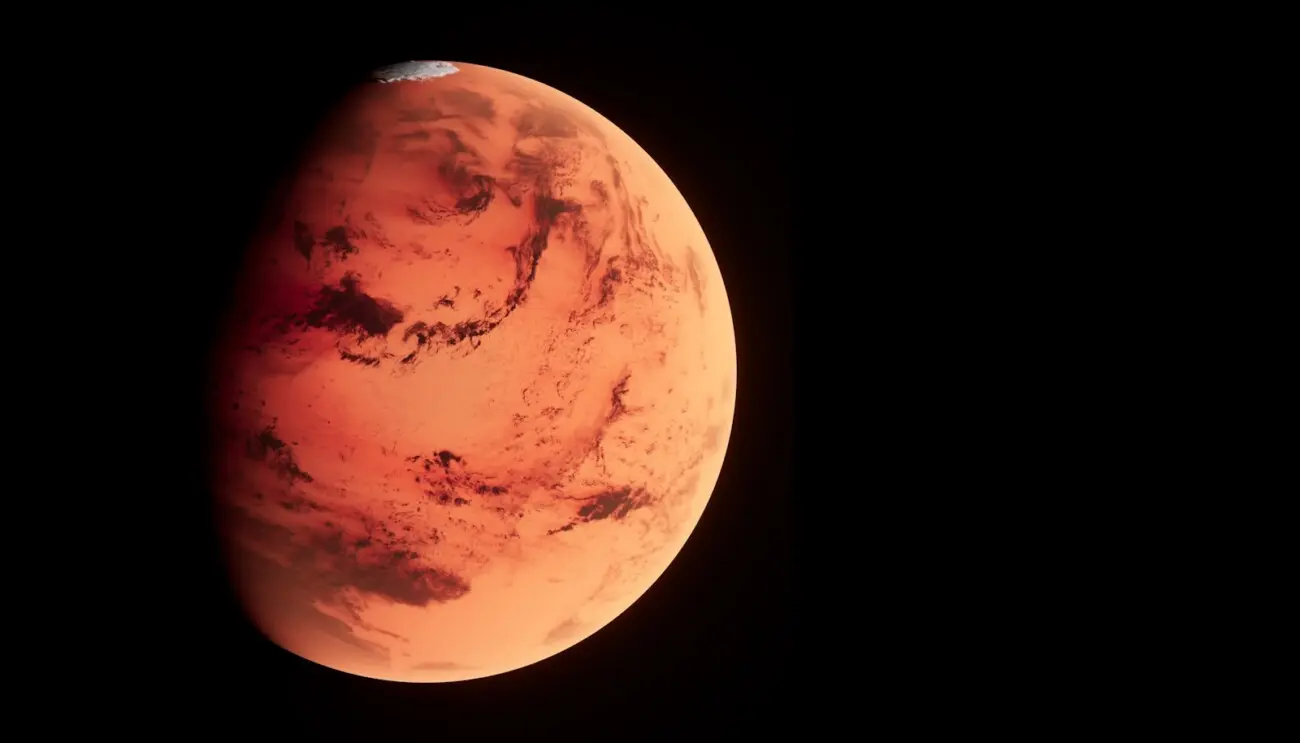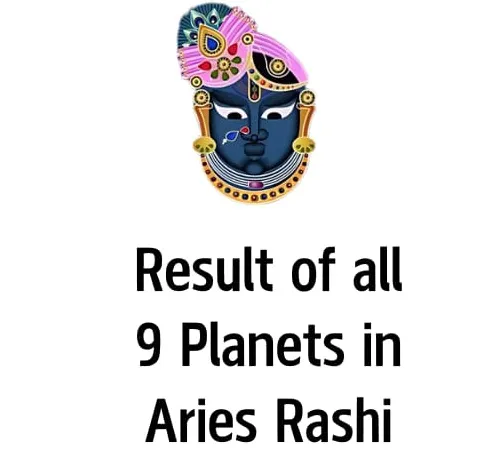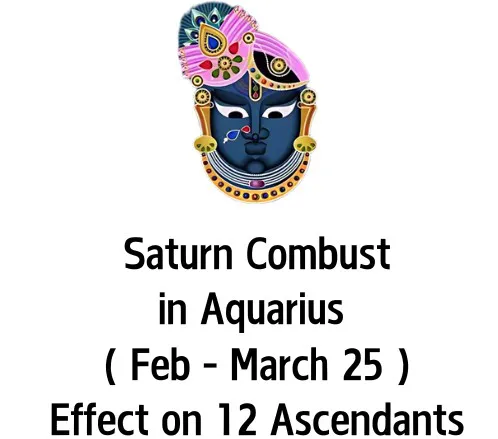Introduction
Vedic astrology provides a profound framework for understanding the intricacies of human behavior, relationships, and destinies. Among the nine celestial bodies recognized in this ancient science, Mars—known as Mangal in Hindi—emerges as a figure of immense significance. Regarded as the commander of the planetary army, Mars embodies qualities like energy, aggression, and assertiveness. Its effects extend far beyond the individual, influencing interpersonal relationships, especially in the realms of marriage and compatibility analysis. By delving into the intricate layers of Mars within the context of Vedic astrology, individuals can enhance their self-awareness and interpersonal dynamics, paving the way for healthier, more fulfilling relationships.
Understanding Mars in one’s natal chart reveals essential insights into the dual forces of strength and struggle present in our interactions. The placement of Mars not only dictates the nature of how we form relationships but also signals potential challenges we may face. This exploration will cover multiple facets of Mars, such as its placement across different houses, its significance during Dasha periods, and the cultural implications influencing relationship perceptions.
The Role of Mars in Relationships
Mars and Its Influence on Partnerships
Vedic astrology holds the tenet that Mars plays a pivotal role in shaping the dynamics of our relationships and partnerships. The placement of Mars within a natal chart can illuminate the essence of one’s partnerships, revealing both areas of support and potential conflict. A common observation among astrologers is that when Mars resides in the 7th house, commonly associated with marriage and partnerships, it highlights certain traits in marital dynamics. Individuals with Mars in this house often exhibit relationships marked by a blend of passion and conflict, drawing them to partners who mirror their inner struggles.
For instance, a person with a strongly positioned Mars may approach conflicts with assertiveness and a desire for resolution, actively engaging in partnership challenges. On the other hand, those whose Mars is afflicted may experience impulsiveness and aggression, leading to heightened tensions in relationships. Recognizing these inherent dynamics offers a chance for introspection, enabling individuals to distinguish whether their interactions stem from growth-oriented or discordant energies.
Furthermore, the influence of Mars is not confined to romantic engagements; it pervades professional relationships as well. For example, when Mars is positioned in the 10th house, the planet influences how individuals engage in their careers and interact with colleagues. Here, Mars can channel energy into collaboration and teamwork, underscoring the necessity of comprehending Martian dynamics across the various facets of life.
Understanding Mars Through Self-Reflection
Astrology serves as a tool for self-discovery, encouraging individuals to internalize the insights from their astrological frameworks. A critical aspect of this journey is understanding one’s Martian characteristics and taking actionable steps in alignment with these traits. By delving into personal astrological narratives, individuals can reflect on their behaviors and leaders to channel Martian energy constructively, transforming conflict-oriented dynamics into opportunities for cooperation and love.
Internalizing Remedies Associated with Mars
Knowledge of one’s astrological chart lays the groundwork for invoking meaningful remedies to facilitate personal growth. Rather than relying solely on external solutions, Vedic astrology advocates for internal remedies. Gaining a nuanced understanding of Mars’s role in life can illuminate underlying challenges that manifest within relationships.
Engaging in practices such as meditation, prayer directed toward deities associated with Mars (like Hanuman or Skanda), and wearing gemstones connected to Mars, such as coral, can amplify constructive Martian energies. These remedies should be personalized to suit individual circumstances, emphasizing the importance of consulting adept astrologers who can elucidate the specifics of one’s astrological chart.
By integrating these remedies, individuals embark on a journey of introspection and emotional healing, confronting past emotional landscapes and enhancing relationship dynamics. Addressing Mars-related challenges internally opens the door to healthier interactions and significant transformations in love lives.
Cultural Context and Mars
Diverse Perceptions of Love and Marriage
To fully appreciate the impact of Mars in Vedic astrology, one must consider the cultural contexts that shape relationship perceptions. In many Western cultures, a romantic ideal often centers on love as the foundation for relationships. Alternatively, Eastern philosophies, especially those rooted in Vedic traditions, emphasize familial structures and responsibilities tied closely to a cosmic understanding of life.
This cultural dichotomy becomes particularly relevant for individuals with a strong Martian influence as they navigate relationships with partners from diverse backgrounds. Those accustomed to Western ideals might carry heightened expectations for romance, which could lead to dissatisfaction when encountering the more assertive expressions of Mars.
Recognizing this distinction encourages individuals to engage with astrological insights that reflect their authentic selves. Utilizing compatibility assessments, such as the Guna Gana system, allows individuals to explore partnership qualities, blending astrological details with interpersonal dynamics for a holistic understanding.
Embracing the Assertive Nature of Mars
How can the assertive qualities of Mars be embraced positively across varied cultural contexts? The answer lies in accepting the multidimensional aspects of this planet. Mars’s assertiveness can reveal profound insights regarding responsibilities and ambitions in relationships. By grounding one’s understanding in astrological wisdom, people can significantly enhance interpersonal connections.
Timing and Dasha: The Influence of Celestial Movements
The concept of Dasha, or planetary periods, encapsulates the cycles of life informed by celestial movements. Central to Vedic astrology, Dasha presents valuable insights into personal experiences, particularly regarding relationships and marital dynamics. Understanding how Dasha influences these areas is imperative, as an individual’s experiences can vary significantly based on prevailing planetary energies.
Mars’s Role in Dasha Periods
Mars is synonymous with initiation and actionable energy, making its Dasha periods especially influential during phases of relationship building. Entering a partnership during a favorable Mars Dasha can lead to positive experiences and forge supportive connections. Conversely, unfavorable Dasha periods may cultivate environments ripe for conflict or impulsiveness.
Astrologers emphasize the importance of awareness during these periods, as heightened consciousness can empower individuals to make informed decisions. By strategically aligning actions with Dasha timelines, one can successfully negotiate life’s challenges, ultimately fostering conditions conducive to personal development.
Cosmic Events and Their Impact
Additionally, significant cosmic events such as eclipses often align intriguingly with Dasha periods. A solar eclipse affecting an individual’s natal Mars could herald a transformative turning point in their relationship landscape, initiating new pathways and shifts in dynamics. Recognizing these cosmic influences deepens one’s understanding of timing and readiness in their lives and connections.
Planetary Insights: The Interplay Beyond Mars
While Mars unquestionably stands as a predominant force in shaping relationship dynamics, the interactions with other celestial bodies—especially Rahu and Ketu—are crucial for understanding compatibility. Rahu, often labeled malefic, can introduce complexities in relationships. However, when appropriately navigated, it can also provide pathways for growth and expansion.
Karmic Patterns and Relationship Dynamics
Investigating one’s karmic cycles through the placements of Rahu and Ketu uncovers critical insights about relationship challenges and tendencies. Ketu encourages the realization of past cycles, enabling the release of toxic patterns that might inhibit new connections. Understanding the positioning and influence of these nodes is essential for fostering deeper relational bonds.
Astrologers advise maintaining vigilance when interacting with Rahu, particularly during emotionally charged disputes. Cultivating self-awareness regarding personal blind spots while engaging with potential partners enhances transformative capacity, guiding individuals toward conscious, progressive choices rooted in self-reflection.
Astrological Considerations: Mangal Dosha
The concept of Mangal Dosha, closely associated with Mars, significantly influences marital compatibility. Those identified with Mangal Dosha experience specific challenges that may stir conflicts, making comprehensive analysis of one’s chart indispensable in understanding its implications on personal dynamics.
Astrologers advocate contextualizing Mangal Dosha within the grander scheme of an individual’s chart, examining other planetary influences and Dasha periods. Recognizing strengths alongside challenges can empower individuals to approach relationship growth positively, even in the face of afflictions.
Impact of Major Planetary Transits
Moreover, major planetary transits, including eclipses and conjunctions, can substantially reshape personal narratives. The unfolding of such transits may light the way for healing and advancements in one’s astrological journey. Skilled astrologers can provide timely guidance regarding the current astrological landscape, enabling individuals to navigate complexities with clarity and insight.
Supporting Evidence: Knowledge is Liberating
The wisdom derived from astrological teachings posits that understanding one’s chart liberates individuals from damaging relationship patterns. Astrologers emphasize the profound advantages arising from awareness of celestial influences, improving the navigation of relationships’ myriad layers.
For instance, a person with Mars positioned in the 7th house may gravitate toward partners that embody both obstacles and growth opportunities. Recognizing these patterns encourages individuals to reflect on their relationship styles and attachment mechanisms, thus cultivating healthier interactions.
Cross-referencing with various astrological resources further highlights the critical significance of self-awareness. Deep introspection allows individuals to grasp how Martian energies shape their relational dynamics, fostering harmony through introspective practices and cosmic consciousness.
Conclusion
Unlocking the mysteries of Mars within the scope of Vedic astrology reveals significant insights into individual personalities and relationship dynamics. By examining Martian placements and their broader implications, individuals can cultivate a heightened awareness of their relational strengths and challenges. This exploration invites a comprehensive approach to interpreting astrological charts, considering timing, cultural influences, and interpersonal dynamics.
As we emphasize the importance of understanding Mars within the framework of Vedic astrology, individuals are encouraged to embark on a transformative journey of self-discovery and relational fulfillment. Embracing the celestial wisdom of Mars can unveil deeper insights and create richer connections in one’s life, ultimately illuminating profound pathways toward personal growth and emotional balance.
For those seeking to unlock the sagacity of Mars and explore their cosmic blueprints, visit ShrinathJiAstrology.com for transformative consultations and courses that guide you through your unique karmic journey, led by esteemed astrologer Dheer Kapoor.




